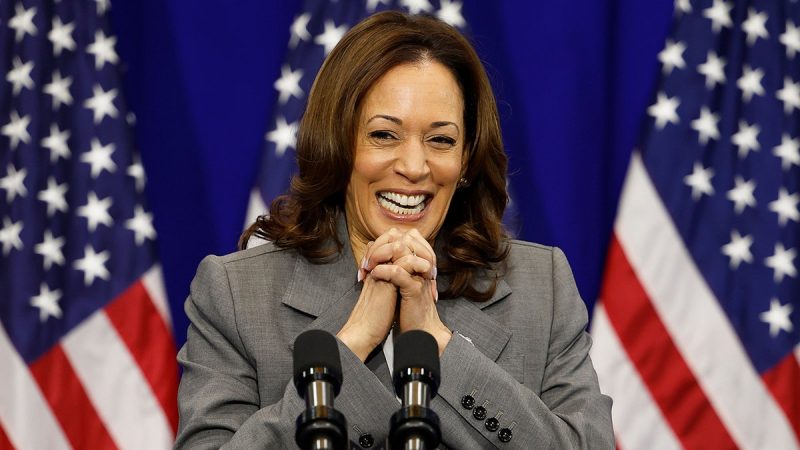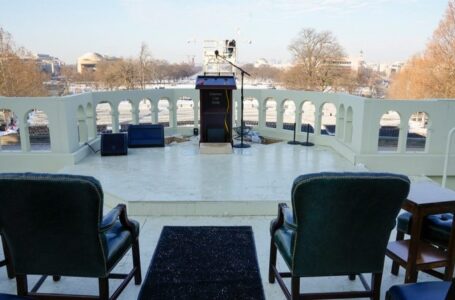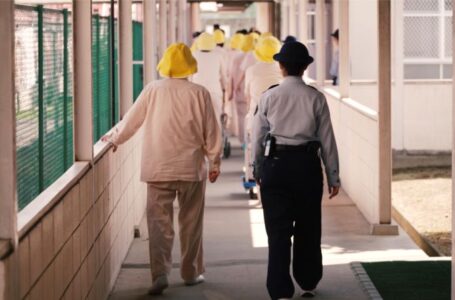Trump inauguration: Who is expected to attend, and who is boycotting?
Harris’ favorability sees dramatic spike after Biden drops out: poll


Vice President Kamala Harris has seen her favorability among American voters rise dramatically in the aftermath of President Biden dropping out of the race, a new poll shows.
Harris’ overall favorability rose from 35% to 43% compared to a week earlier, while the vice president’s unfavorability rating fell from 46% to 42%, according to the results of an ABC News/Ipsos poll conducted on Friday and Saturday.
The poll comes just a week after Biden made the decision to drop out of the 2024 race and endorse Harris, who quickly consolidated support among her fellow Democrats to essentially lock up the nomination by the middle of last week.
The news brought a jolt of enthusiasm to Democrats, who donated record-setting fundraising numbers to the Harris campaign in the aftermath of her taking over at the top of the ticket, enthusiasm that was reflected in the new poll.
Among Democrats, 88% indicated that they were enthusiastic about Harris (63% very and 25% somewhat) becoming the party’s nominee. The level of enthusiasm for Harris in her own party outstrips that of former President Trump among Republicans, with 82% of those respondents indicating that they were enthusiastic about him being the nominee.
Trump also saw his favorability rating drop in the poll, falling from 40% last week to 36% in the most recent poll. The former president’s unfavorable rating also ticked up slightly in the new poll, rising from 51% to 52%.
The poll also tackled the ongoing ‘veepstakes’ for Harris, who has yet to choose a running mate. While Transportation Secretary Pete Buttigieg (54%) and California Gov. Gavin Newsom (54%) enjoy the highest name recognition among respondents, candidates such as Sen. Mark Kelly, D-Ariz., (22% favorable) and Pennsylvania Gov. Josh Shapiro (17% favorable) have the highest favorability rating among respondents who were familiar with them.
The ABC News/Ipsos poll was conducted between July 26-27, surveying 1,200 U.S. adults with a margin of error of plus or minus 3 percentage points.











